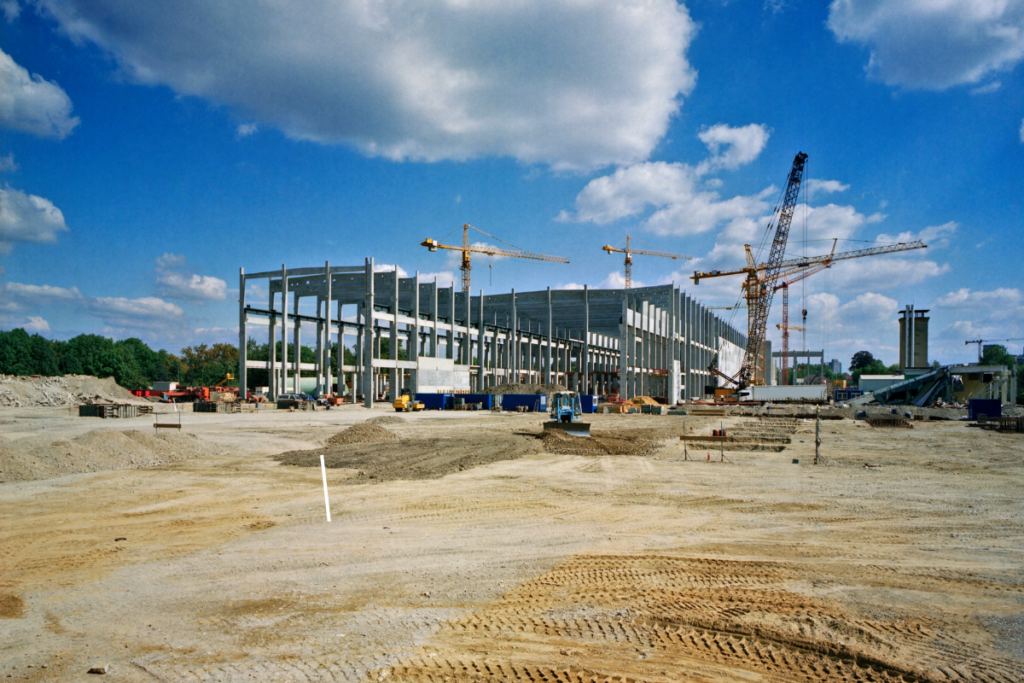 Introduction to Construction Budget Planning:
Introduction to Construction Budget Planning:
Construction budget planning is the foundation of any successful construction project. A well-thought-out budget helps prevent costly surprises, manage finances effectively, and ensures every phase of the construction goes smoothly. Without a clear financial plan, projects can face overspending, delays, or even a complete halt. This article covers the essential steps and strategies for construction budget planning to keep your project on track.
Understanding Construction Budget Planning
Construction budget planning involves estimating and allocating funds to cover every expense within a project. This includes direct costs (like labor and materials) and indirect costs (such as permits, inspections, and administrative expenses). Proper budget planning provides a roadmap that keeps costs controlled and helps achieve the desired project outcome.
Importance of Construction Budget Planning
Effective budget planning offers several benefits:
- Financial Control: Proper planning allows better control over cash flow and helps avoid overspending.
- Minimized Delays: When funds are allocated for each phase, projects are less likely to experience delays due to financial constraints.
- Informed Decision-Making: A clear budget aids in prioritizing essential features, allowing for informed decisions on potential upgrades or changes.
- Enhanced Project Efficiency: Having a comprehensive budget plan increases overall efficiency, as resources are optimally allocated.
Key Steps in Construction Budget Planning
1. Define Project Scope
The first step is defining the scope. This includes detailed planning of every aspect, such as design, materials, labor, and project phases. A well-defined scope provides clarity on all requirements, helping to establish accurate budget estimates.
2. Conduct a Cost Estimate
A thorough cost estimate is critical for construction budget planning. Estimators calculate expenses for materials, labor, equipment, and more to arrive at an accurate projection. Typically, these estimates fall into three categories:
- Preliminary Estimates: Initial estimates based on general project scope.
- Detailed Estimates: Created after project designs are ready, offering a precise budget estimate.
- Final Estimates: Detailed budgets prepared once the project plan is finalized.
3. Allocate Contingency Funds
Construction projects often face unexpected challenges. Allocating contingency funds—usually between 5% and 10% of the budget—provides a cushion for unforeseen expenses. This reserve minimizes the risk of budget overruns and ensures the project remains financially stable.
4. Factor in Soft Costs
Soft costs, which are often overlooked, cover non-construction-related expenses like design fees, permits, insurance, and administrative costs. Including these in the budget ensures all expenses are accounted for and avoids financial surprises.
5. Track and Monitor Expenses
Regularly tracking and comparing actual expenses to the budget is crucial. This helps identify deviations early, allowing for prompt corrective actions to keep the project within budget. Using construction budgeting software or dedicated project management tools can greatly simplify this process.
Strategies for Effective Construction Budget Planning
Prioritize Cost Efficiency
Opt for cost-effective materials and techniques to stay within budget. Using sustainable materials or innovative construction methods can reduce costs while maintaining quality.
Establish Clear Milestones
Setting project milestones allows for staged budget reviews and helps identify potential cost adjustments at each phase. This phased approach improves financial control and keeps the project aligned with the initial budget.
Review Bids Carefully
Selecting contractors based on price alone can lead to quality issues. It’s essential to thoroughly review contractor bids, ensuring they cover all necessary tasks, and that costs are reasonable. Comparing bids and reviewing each contractor’s track record will prevent low-quality work or unexpected expenses.
Engage a Cost Estimator
Professional estimators bring expertise that ensures accurate cost calculations. They are skilled in analyzing every aspect of the project to develop a reliable budget, making them invaluable in the budget planning phase.
Common Challenges in Construction Budget Planning
Unpredictable Material Costs
Fluctuations in material costs can impact budgets significantly. Having flexible cost estimates or contingencies in place can mitigate the effects of rising prices on the budget.
Scope Creep
Scope creep occurs when additional requirements are introduced mid-project, often without a budget increase. It’s essential to enforce a clear project scope to avoid scope creep and to keep costs under control.
Labor Shortages
Labor shortages can delay the project and increase costs. Planning for sufficient labor in advance, or having a backup plan, can reduce the risk of delays and budget overruns.
Tools and Resources for Construction Budget Planning
Using specialized tools can streamline budget planning and make tracking simpler:
- Construction Budget Software: These platforms provide real-time expense tracking, budget forecasting, and expense management.
- Spreadsheet Templates: Customizable templates help organize and track expenses effectively.
- Project Management Software: Tools like Primavera or Procore offer comprehensive solutions for budget tracking, schedule monitoring, and project management.
Construction budget planning is the backbone of successful construction management. A well-prepared budget not only saves time and money but also ensures a smooth project flow. By thoroughly estimating costs, setting aside contingencies, and tracking expenses, you can enjoy a construction experience free from financial stress. Implementing these tips will guide you in developing a robust budget plan, keeping your construction project on track, and achieving outstanding results.
Are you looking for the best estimating services in USA?
Look no further than “https://zionestimating.com”
They are offering top-notch services like;
- Construction/cost estimation
- Budget planning
- Material takeoff
- Equipment estimation
and further more!!!
Here are some more information for your convenience:
Phone no. : +1 718-427-9941 || +1 562-383-6177
Email:[email protected]
Visit their blogs and site
https://zionestimating.com for the latest updates and service tips!
